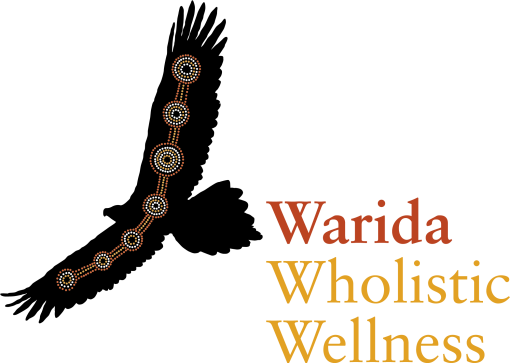Healing Approach (CITIHA)
A program for systems transformation
A Culturally Informed, Trauma Integrated Healing Approach (CITIHA) is a strengths-based service delivery model that is rooted in an understanding of and responsiveness to the impact of trauma on culture and community that emphasises physical, psychological, and emotional safety for both the people we walk alongside and staff.
CITIHA framework
The governance framework for the CITIHA includes five key assumptions, seven core values and eight core principles, all which support the outcomes of the CITIHA, critically embedding all actions in policy, procedure and practice.
Our Approach
Recently we delivered this approach nationally in the following way, and found it to be robust:
- Co-design process with Senior Management Team.
- Orientation session with staff.
- Nomination of Trauma / Healing Champions.
- Delivery of two by three day workshops with the opportunity for Services to develop a CITIHA action plan (i.e operationalise the outcomes of the workshops.) These workshops are usually spaced two to four weeks apart.

Information about the Artwork
Hands are representative of a lot of conflict but are also representative of the resolving of conflict. This painting illustrates a structural way to work through conflict. The multiple dot work, displays a sense of trauma and the many issues surrounding conflict within Indigenous communities today.
Hands embody conflict and resolution significant in everything is five – the five stages of healing, our five senses all used as a part of the five stages within conflict resolution.
© Artwork and narration by Christopher Edwards- Haines
Workshop One
The Aim of workshop ONE in the Culturally Informed Trauma Integrated Healing Approach is:
Objectives of Workshop One
- Describe collective historical trauma experiences and behaviours, as they would apply to your specific client groups.
- Analyse and implement culturally informed safety principles and practices relevant to your specific work region.
- Apply skills for working with clients to help regulate self-control, inform choices and develop autonomy.
- Establish power sharing and governance in the application of trauma specific service practice.
- Clarify and implement principles of an integrated care response with risk management for frightened, distressed clients.
- Explain and map an Action Plan for relationship building within the organisation, with clients and with other service organisations.
- Demonstrate theory to practice in the use of Genograms in building listening-sharing skills for work with clients and within your staff care practice in your organisation.
- Implement self-care – self-reflective practice in building the Community of Care for workers and clients within the organisational Action Plan in your service system.
Workshop Two
The Aim of workshop TWO in the Culturally Informed Trauma Integrated Healing Approach is:
Objectives of Workshop Two
- Use appropriate skills, including recognising and responding to triggers and de-escalation strategies for working with men, women and children who have complex trauma backgrounds.
- Describe and apply skills attained for working with children who have developmental trauma, and hence have agitated behaviours.
- Use the values, assumptions and principles to review work in your organisation and Action Plan the movement of the Service for the next 15 years.
- Review, define and apply practical skills for working with families and communities impacted by trauma and its effects, i.e. trauma responses/behaviours, with loss, grief, mourning, and bereavement vs. victimisation issues, from an Indigenous perspective.
- Analyse and discuss ways of using genograms to give better attention to the needs of your clients.
- Describe and show capacity for deep listening as a vital tool for both clients and workers.
- Implement organisational self-care – client care plans for dealing with toxic stress under Community of Care principles.
- Show Action Planning capacity in the conduct of a Community of Practice.” – We Al-li Programs
